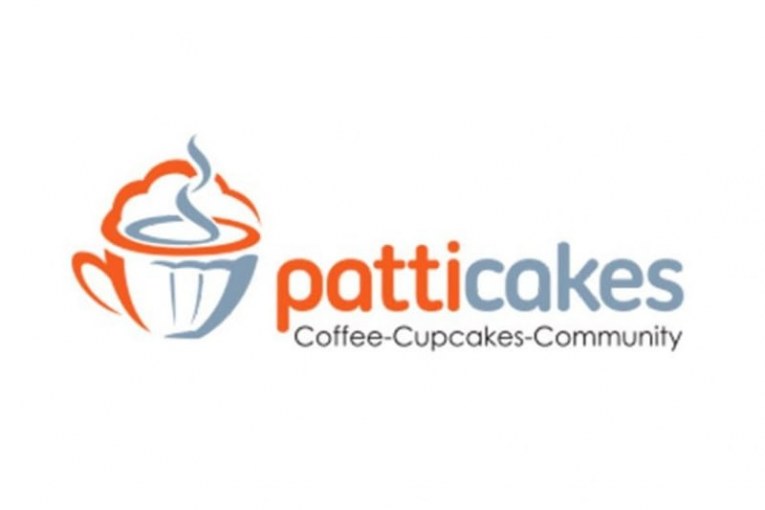
Have you ever thought about what makes Gainesville such a great place to live? In his book The American College Town, social geographer Blake Gumprecht explains that college towns like Gainesville are places with highly educated populations, higher average incomes, and low unemployment rates. More residents in college towns are likely to work in education rather than in factories, on average, and populations are more transient, fluctuating with the school calendar.
Cosmopolitan—yet extremely friendly—cities like Gainesville are vibrant places to grow businesses, and many local women have done just that.
“This community embraces diversity and they support their own,” says Jan Patterson, owner of PattiCakes, a beloved local coffee shop and cupcakery with two busy locations. The first opened in 2011, and the second in 2016. “It’s a really neat thing. This community is very good about supporting locally owned businesses.”
Right now, college towns are centers for entrepreneurial thinking, tech, and commercial developments. Many creative and dedicated business owners looking for a low cost of living with a sophisticated flair have chosen to put down roots in Gainesville, transforming the city into an amazing place to live. According to Forbes, Gainesville has a job growth rate of 2.5% and a cost of living 1.2% below the national average. 42% of residents have a college degree and the unemployment rate is 4.2%.
As a place of personal discovery and a high quality of life, Gainesville is an ideal place to open and run a business.
Rolling with the ebb and flow of the student population
“I enjoy doing business in Gainesville because I’ve lived here a very long time,” Patterson says. “I love this community, and I think the college students add a whole lot of life and vibrancy. They’re very consistent customers, and the ebb and flow of each school year is interesting. The fall brings a whole new life to Gainesville—just the excitement and the vibrancy makes this a really great place to own the kind of business I own.”
Joni Jarrell is the owner of Summit Salon Academy in Gainesville, which is a Redken Premier Cosmetology Academy. The goal of the Academy is to teach students the business aspect of the salon world, as well as concentrating on technical skills.
“Being in education ourselves, I feel it is a great advantage to be in a college town,” she says. “The community already embraces students and their unique energy. All students are not a good fit for a four-year degree, and our Academy offers an alternative to students wishing to explore their creative passion.”
It’s not just businesses steeped in the college culture who roll with the changing seasons of the university calendar. Businesses located far from campus also feel the effects of students coming and going.
“My restaurant is far enough away from the campus area that I am not frequented by college students,” explains Juli Denney, owner of One Love Café on NW 40th Place. One Love Café locally sources much of its produce and makes everything from scratch. “It is challenging owning a small business in a college town, nonetheless, because everyone is reliant on the student population, and when it is gone, the wheels of commerce slow way down, even if you have nothing to do with the campus. It’s a very strange phenomenon, but it definitely exists.”
Women-owned business
According to the National Association of Women Business Owners, more than 9.4 million American firms are owned by women, employing nearly 7.9 million people, and generating $1.5 trillion in sales as of 2015. Women-owned firms in the United States account for 31% of all privately held firms and contribute 14% of employment and 12% of revenues.[4]
“I do feel that being a woman in business comes with special challenges, especially in the startup of the business itself,” says Jarrell. “I think the biggest challenge is to have the banking institutions commit to your passion and goals. After being in the industry for 31 years and working with graduates in the salon, I thought it would be great to be involved in education that taught beyond the technical skills—and taught students to take their passion and turn it into a viable career.”
Despite the challenges of starting her business, Jarrell is now enjoying the opportunity to touch the lives of her students and to make a difference in how they feel about their career, so they can positively affect the Gainesville community.
Denney notes the restaurant business is quite male-dominated, but it didn’t stop her.
“I do think I was doubted and not taken seriously to begin with, but I have gotten past that at this point,” she explains. “I think being a woman in this business has its advantages, because success often relies on being able to attend to the needs of your customers, from decor to utility, and oftentimes women are more in tune to this aspect.”
A bright future
Small women-owned businesses are thriving in Gainesville right now. In fact, PattiCakes just opened a second location.
“It’s going really well,” says Patterson. “We opened last September. It grew from opening to the end of April, and it grew exponentially. Then graduation happened and we saw a drop off in May, but we anticipated that and made the adjustments we needed to make. We have a lot of excitement for what August will bring, when all the students move back in. All the traction we had is going to blow up in the fall. I think we’re going to build and I think it’s going to be huge.”
Likewise, Summit Salon Academy plans to continue to grow with Gainesville. Jarrell’s future plans include starting a barbering program to provide an avenue for additional career-minded students.
One Love Café is also looking toward tomorrow with optimism:
“My plans for the future involve many details that will make my customers more comfortable and happy,” Denney says. “I would love to become an iconic, unique piece of Gainesville culture that is a bright spot in a changing city. Gainesville is in danger of becoming just another college town because of the gentrification going on downtown, and I am hopeful that this ‘evolution’ doesn’t dissolve the culture, history and individuality that has always set us apart.”
Laura Schaefer is an Orlando-based freelance writer. She is the author of The Teashop Girls and the forthcoming novel Littler Women: A Modern Retelling. In addition to her books, Laura has also written articles for many publications and websites including Match.com, Business.com and Entrepreneur.com. Learn more by visiting lauraschaeferwriter.com or finding her on Twitter: @teashopgirl.




